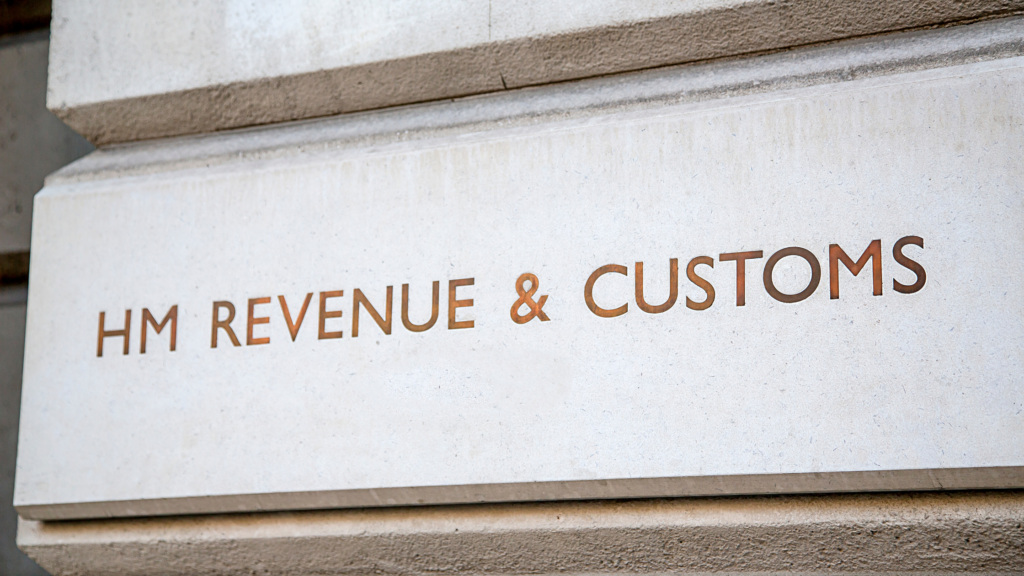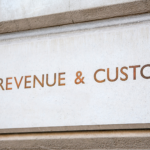How to save on your tax:
There are numerous ways you can reduce the amount you pay on your tax legally, whether you’re self employed or an employee, own a small business, a pensioner or investor. The amount of tax each adult pays in their life will vary but here we provide 10 tax cutting tips that will allow you to take home a little more each month.

1. Check your tax code
Everyone person paid under the PAYE scheme is allocated a tax code by HM Revenue and Customs . It is usually in the form of a number followed by a letter suffix. Your tax code is used by your employer or pensions provider to work out how much Income Tax to take from your pay or pension.
It is essential that you check your tax code each year, to make sure you are paying the correct amount. If your tax code is wrong you maybe entitled to claim your money back and
you can claim a refund by writing to HRMC.
2. Pay into a pension scheme
Auto-enrolment means most works employees have a pension already set up, but that doesn’t mean you can’t make your own contributions.
Your contributions will also be deducted from your gross pay before you pay any tax.
On top of this the government also tops up your pension with TAX RELIEF, giving you a free bonus for retirement.
3. Open an ISA
There are so many tax benefits for opening an ISA. In an ISA any interest you earn from cash savings or investments are tax free. Children under the age of 18 also get a very generous tax-free savings allowance through a junior ISA.
4. Use your Personal Savings Allowance (PSA)
Every Basic Rate taxpayer can earn up to £1,000 interest per year without paying any tax. Higher rate taxpayers will be able to earn up to £500.
This means that most people will no longer pay tax on saving interest and banks and building societies will stop deducting tax from your account. For more info on PSA check out the government website : https://www.gov.uk/government/publications/personal-savings-allowance-factsheet/personal-savings-allowance.
5. Self employed tax saves:
Cash flow boost, as a business owner you can choose when your accounting year ends. If you pick an accounting year-end date earlier in the tax year, you’ll have more time to pay tax on your profits.
Tax deductible expenses, many expenses incurred while running your business can be deducted from your profits, reducing your overall tax. This could include things like fuel, phone costs or running costs for your home office.
Self employed car costs: you can generally claim the running costs of a car you use for business.
6. Employee tax benefits:
Some employers will offer you a tax- free loan to buy your seasonal travel tickets, ask your employer if they are apart of the scheme.
Under the tax-free childcare scheme, if you’re eligible you can claim back 25% of your childcare costs, up to £500 every three months.
If you are entitled to a company car, it could be more tax efficient to take a cash equivalent in pay instead.
7. Save on property income tax:
Form a limited company: you can set up a limited company which would be great way to reduce your tax expenses as a landlord. You will be under the status of a business venture, and all purchase made by you would be on on behalf of the company you own.
Use the Rent-a-Room relief scheme, it allows you to receive up to £7,500 in rent each from a lodger, tax free.
8. Tax savings for older people:
National insurance: you wont need to make national insurance contributions if you carry on working beyond state retirement age (currently 65).
9. Charity tax savings
Making a charitable donation is tax free. Either yourself or the charity can claim the tax back through git aid. To do this, you need to claim on your self-assessment tax return or ask HMRC to adjust your tax code.
10. Marriage allowance
This is a tax perk that benefits couples where one partner earns less than the personal allowance. If you are married or in a civil partnership, you can transfer any unused personal allowance the lower-earning partner the higher earner. To see if you’re eligible click here https://www.gov.uk/marriage-allowance.

